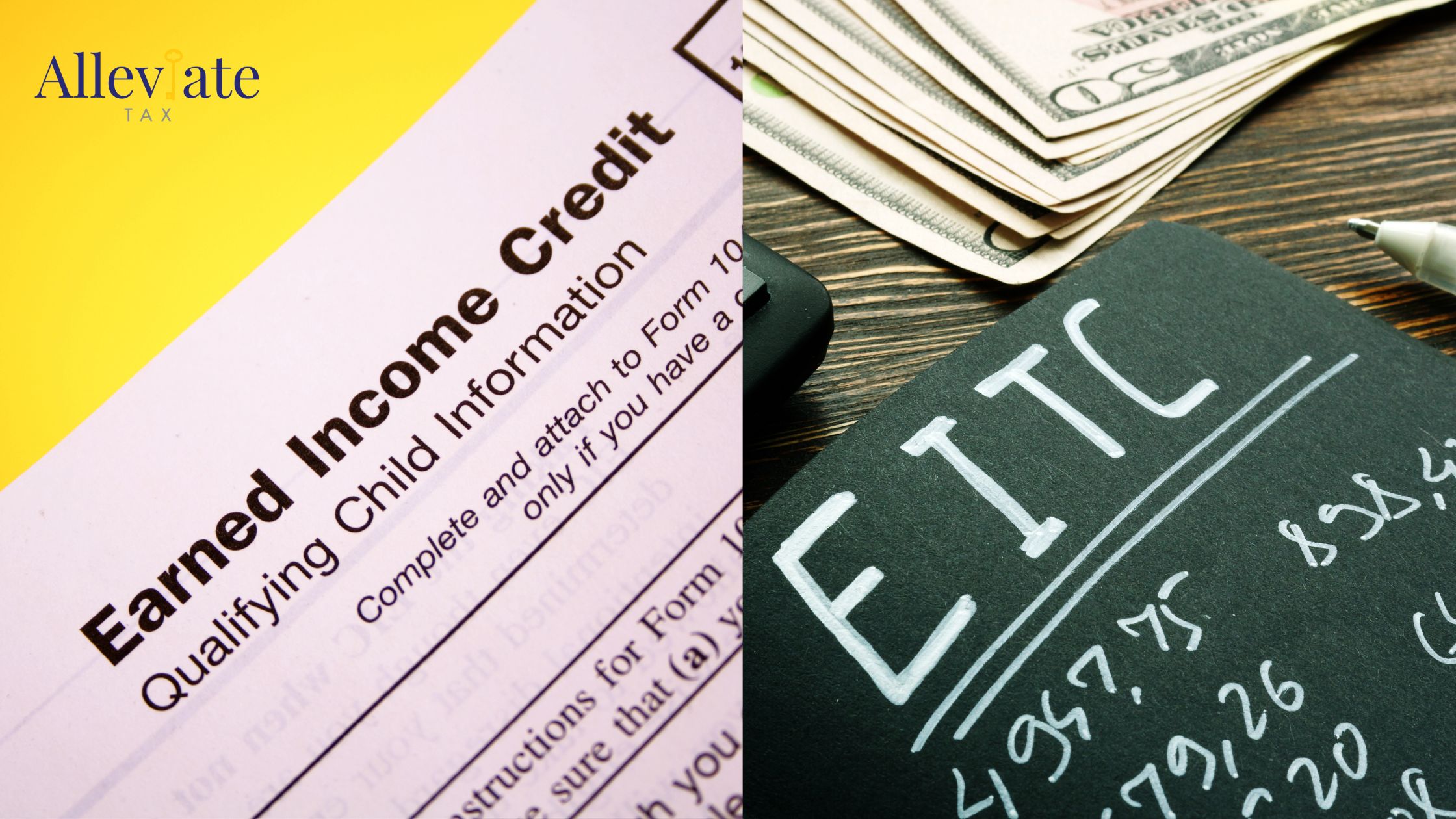Previously denied the Earned Income Tax Credit? Get the tax refund you deserve by filing Form 8862.
As so many people continue struggling with inflation, increased housing costs, and unsecured debt, tax credits are one way to put extra money in your pocket come spring.
For the 2023 tax year, due to changes in tax laws and inflation adjustments, the IRS delivered more money in refunds than they did the year prior. As of April 19, 2024, the IRS refunded $245 billion in taxpayer money – 3.6% more than last year, according to CNBC.com.
Many Americans needed to use that money to cover basic living expenses, according to a Credit Karma survey. Of Americans polled who expected a refund, 37% said they planned to use some or all of it for necessities. That number rose for younger Americans: 40% of millennials and 38% of Gen Z said they needed their tax refund to help make ends meet due to rising costs of living, inflation, or depleted savings accounts.
The Earned Income Tax Credit (EITC): How It Can Help Reduce Your Tax Debt
The Earned Income Credit is one tax savings vehicle that can help Americans reduce their tax bills or increase their refunds. The EIC, sometimes called EITC, is a fully refundable tax credit provided to low-to-moderate income taxpayers who qualify. The income threshold to qualify changes based on how many children you have and whether you are single or married filing jointly. (Learn more about Earned Income Tax Credit Qualifications here.)
There are a few other things you should know about claiming the EIC:
- You must have a valid social security number
- You won’t receive your refund until mid-February or later if you claim the EITC
- If your EITC was denied or reduced after 1996, you may not qualify unless you fill out Form 8862
What Is IRS Form 8862?
IRS Form 8862, Information to Claim Certain Credits After Disallowance, can give you another chance to claim the tax credit you rightfully deserve. You can use this form to file for the EITC and reduce past due tax debt or to reduce this year’s tax liability. Since the EIC is fully refundable, you can use the credit to claim a refund even if you don’t owe any taxes.
If the IRS has reduced or disallowed your EITC claim at any time after tax year 1996, you’ll need to file Form 8862 to qualify for the credit. You don’t have to file Form 8862 if the previous denial was due to a math or clerical error. You also don’t need to file if your previous claim was disallowed because you claimed a child and you are now claiming the EITC without a qualifying child.
If your EIC claim was disallowed due to “reckless or intentional disregard of the rules,” you’ll need to wait two years to file form 8862 and claim the credit again. If you were found guilty of tax fraud surrounding the EITC, you’ll need to wait 10 years, according to IRS.gov.
But if the disallowance occurred due to an honest error or misunderstanding of tax rules, you can file Form 8862 to claim your tax credit for past years or the current tax year now.
Filing Form 8862: How to Make an Earned Income Credit (EIC)Claim After Disallowance
If you were previously disallowed the EITC, if you electronically filed your return it will be rejected with IRS error code IND-046. Fortunately, it’s easy to complete form 8862. You’ll need to gather certain information, including the Social Security Numbers for yourself, your spouse (if married, filing jointly), and any qualifying children you are claiming.
First, enter the tax year for which you’re claiming the EIC.
Check the appropriate box(es) for the credit(s) you are claiming.
If your credit was disallowed because of incorrectly reported earned or investment income, click “Yes” in Part II, you are finished and can submit Form 8862 with your tax return.
If you checked No in Part II, move on to Section A and answer questions about your qualifying children.
If you aren’t claiming any children, skip to Section B of Form 8862, and complete the questions regarding residency in the U.S. for you and your spouse, the ages of you and your spouse, and whether or not either of you can be claimed as dependents on another taxpayer’s return. (If you can be claimed as a dependent, you cannot claim the EIC.)
Why the CP74 Notice Is Good News for Taxpayers
After you file Form 8862, you should receive Notice CP74 in the mail. This means you have proven your eligibility to receive your EIC and you should expect your tax refund, if you are owed one, within six weeks. Keep a copy of the notice for your records, just in case your refund doesn’t arrive as expected.
If you need help reducing tax debt, contact Alleviate Tax for help today. It is never too late to jumpstart your journey to financial freedom by lowering your tax debt.
FAQs
Will form 8862 delay my tax refund?
Filing form 8862 to claim a tax credit after disallowance should not delay your tax refund. However, if you are claiming the EITC, the IRS cannot issue your refund until mid-February. Even if you file as soon as the IRS opens the filing window, you’ll have to wait until at least mid-February. You can speed up your tax return by filing electronically.
What is tax form 8862?
Tax form 8862 is required to claim the Earned Income Tax Credit, Child Tax Credit, American Opportunity Tax Credit or other credits even if your prior claim has been disallowed.
How do I file Form 8862 electronically?
You can attach Form 8862 to your tax return if you are e-filing by using IRS fillable forms and attaching the completed form to your e-filed tax return. Filing your tax return and form 8862 electronically may speed processing, allowing you to receive your tax refund faster.









